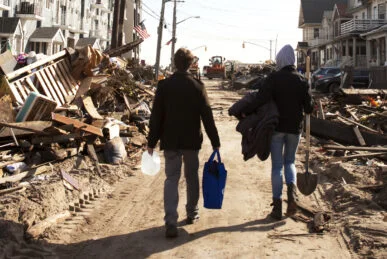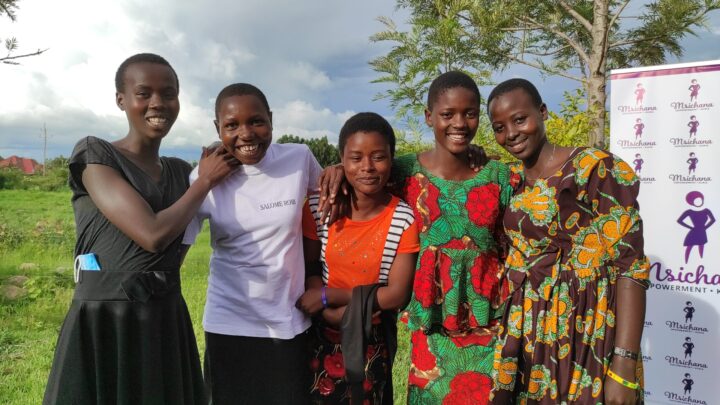Msichana Empowerment Kuria (MEK) aims to empower adolescent girls by providing them with quality education, protection, and various opportunities. MEK works directly with girls to co-design programs which recognize their unique needs, strengths, and aspirations. MEK’s programs address gender-based violence, discrimination, and harmful traditional practices through community organizing, girl-led advocacy efforts, and leadership programs for girls.
MEK has run several programs in rural Kenya, including the NAWEZA project and Expanding SRHR (Sexual Reproductive Health and Rights). The NAWEZA project was the first girl-led leadership program in Migori County (South Western Kenya) and supported over 600 girls between the ages of 10 and 19 who resided in communities with high rates of female genital mutilation (FGM) and child marriage. The SRHR project created five safe spaces for girls to learn life skills, facilitated by their peers on different human rights, social, and health related issues. The project’s peer education model nurtures every girl’s voice and enables girls to lead conversations with each other, their families, and communities. By promoting girls’ education and reproductive rights, Msichana Empowerment Kuria empowers girls to make choices that align with their personal dreams and aspirations.
The Girls Opportunity Alliance Fund will support MEK’s Amandla Project, an ongoing project that works with adolescent girls between the ages of 10-19 years who come from vulnerable, child-headed homes in underserved villages in Kuria-Migori County, Kenya. Girls in Kuria face many barriers to education, and the Covid-19 pandemic exacerbated the difficulty of getting girls to school, especially for those from low-income households and rural areas. Problems like child marriage, early pregnancy, and gender-based violence have worsened in recent years, and many girls in Kuria have been affected, especially during the FGM cutting season. The project promotes access to education and safety and also addresses the problem of FGM, child marriage, and other harmful cultural practices.
MEK will award full scholarships to 30 girls: 10 primary-school students,10 secondary-school students, and 10 college students. MEK will also provide school essentials such as books, uniforms, and menstrual health products. To determine scholarship distribution, MEK will work closely with area chiefs in Kuria West and East sub-counties to map out underserved areas and reach vulnerable girls. The project team will conduct door-to-door home visits to learn more about scholarship recipients and their families. MEK will also conduct regular school visits and set up meetings with parents to track progress and ensure girls are receiving the support they need. MEK will also continue promoting and co-creating girl-led advocacy campaigns like NAWEZA and SRHR to uplift girls’ voices in tackling these issues. By providing quality education and breaking down financial, cultural, and social barriers, the project empowers girls to acquire knowledge, skills, and confidence for a brighter future.
See more projects: Africa, East Africa, Child Marriage, Education


